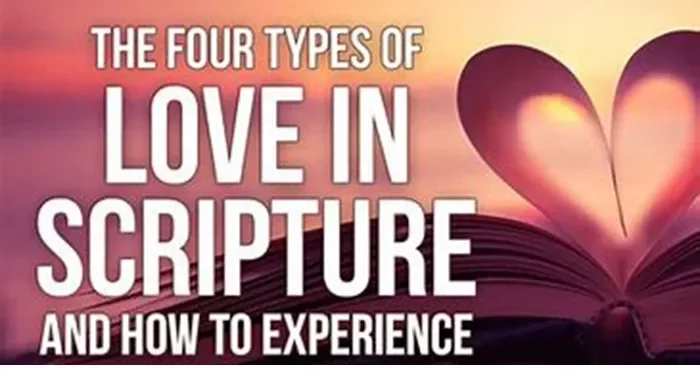Love is a complex and multifaceted emotion that influences human behavior, relationships, and well-being. Psychologists and researchers have identified various types of love, each with unique characteristics and implications. Understanding these distinctions can help individuals navigate relationships more effectively and foster deeper emotional connections.
In this article, we will explore the different types of love, their psychological foundations, and how they manifest in relationships.
Romantic Love (Eros)
Romantic love, often referred to as Eros (from Greek mythology), is characterized by passion, physical attraction, and intense emotional connection. This type of love is commonly associated with early stages of relationships, where infatuation and desire dominate.
Key Features:
- Strong physical and sexual attraction
- Emotional highs and lows
- Idealization of the partner
- Can evolve into deeper love or fade over time
Psychological Perspective:
According to psychologist Elaine Hatfield, romantic love consists of two components:
- Passionate Love: Itense longing and physiological arousal.
- Companionate Love: Deep affection and commitment that develops over time.
While passionate love is exhilarating, it may not sustain long-term relationships unless it transitions into a more stable form of love.
Familial Love (Storge)
Familial love, or Storge, refers to the natural bond between family members. This type of love is built on familiarity, shared experiences, and unconditional support.
Key Features:
- Deep sense of loyalty and protection
- Unconditional acceptance
- Develops over time through shared history
Psychological Perspective:
Attachment theory (Bowlby, 1969) explains how early family relationships shape an individual’s ability to form bonds later in life. Secure attachment in childhood fosters healthy emotional connections in adulthood.
Platonic Love (Philia)
Platonic love, or Philia, is a deep, non-sexual affection between friends. It is based on mutual respect, shared interests, and emotional support.
Key Features:
- Absence of romantic or sexual desire
- Strong emotional intimacy
- Long-lasting and stable
Psychological Perspective:
Aristotle emphasized the importance of Philia in human happiness. Modern psychology recognizes that strong friendships contribute to mental well-being by reducing stress and increasing life satisfaction.
Self-Love (Philautia)
Self-love, or Philautia, involves having a healthy regard for oneself. It is essential for emotional resilience and healthy relationships.
Key Features:
- Self-acceptance and self-care
- Setting healthy boundaries
- Avoiding self-destructive behaviors
Psychological Perspective:
According to Carl Rogers, self-love is tied to unconditional positive regard—accepting oneself without harsh judgment. Low self-love can lead to anxiety, depression, and dysfunctional relationships.
Unconditional Love (Agape)
Unconditional love, or Agape, is selfless, compassionate, and non-judgmental. It is often associated with spiritual or altruistic love.
Key Features:
- No expectations or conditions
- Empathy and forgiveness
- Often seen in parental love or charitable acts
Psychological Perspective:
Research in positive psychology suggests that practicing Agape enhances emotional well-being and fosters deeper human connections.
Obsessive Love (Mania)
Obsessive love, or Mania, is an unhealthy form of love marked by possessiveness, jealousy, and emotional instability.
Key Features:
- Extreme dependency on the partner
- Fear of abandonment
- Can lead to toxic relationships
Psychological Perspective:
This type of love is often linked to insecure attachment styles and may require therapeutic intervention to develop healthier relationship patterns.
Playful Love (Ludus)
Playful love, or Ludus, is characterized by flirtation, fun, and a lack of serious commitment.
Key Features:
- Casual and non-exclusive
- Focus on enjoyment rather than deep connection
- Common in early dating phases
Psychological Perspective:
While Ludus can be exciting, it may lack emotional depth, making it unsustainable for long-term relationships.
Conclusion
Love is not a one-size-fits-all emotion. From the fiery passion of Eros to the selfless compassion of Agape, each type of love serves a different purpose in human connections. Recognizing these distinctions can lead to healthier relationships and greater emotional fulfillment.
By understanding the psychology behind love, individuals can cultivate meaningful bonds that align with their emotional needs and values. Whether it’s romantic, familial, or self-love, each form contributes to a richer, more connected life.
Related topics:
How Do You Know How Much I Love You?
How Rare is Finding True Love?



















